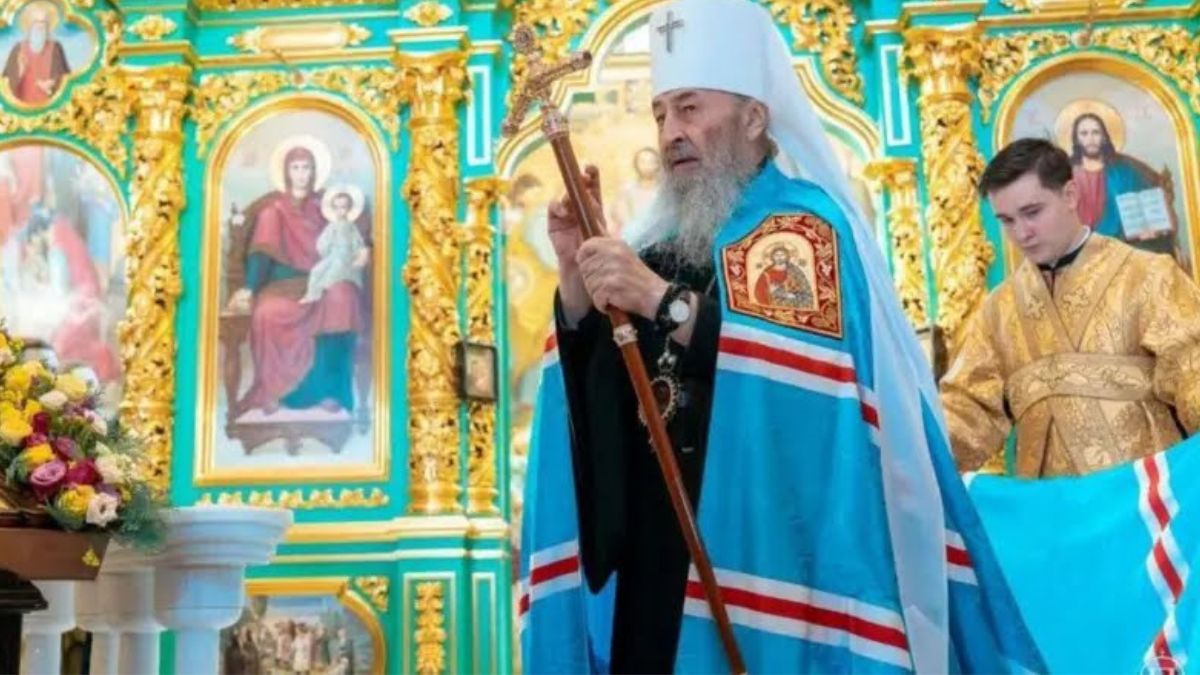Ukraine’s parliament, the Verkhovna Rada, passed a law on August 20 that could lead to the banning of the Ukrainian Orthodox Church of the Moscow Patriarchate (UOC MP) within the country, sparking significant reactions from Russian lawmakers. State Duma deputies voiced their concerns through various media outlets, expressing deep dismay over the potential consequences of the law.
Vitaly Milonov, deputy chairman of the State Duma Committee on the Protection of the Family, Fatherhood, Motherhood, and Childhood, suggested in a conversation with RTVI that the law could deprive Ukrainians of the canonical church. Milonov alluded to concerns that the spiritual life in Ukraine would be controlled by what he described as “schismatics,” comparing the situation to historical persecutions of believers.
Further criticism came from Sergei Obukhov, deputy chairman of the State Duma Committee on the Development of Civil Society, Public, and Religious Associations. Speaking with RTVI, Obukhov reportedly labeled the law as “Satanism” and expressed disbelief over the decision, highlighting the severity of the situation.
Sergei Mironov, leader of the “A Just Russia – For Truth” party, issued a statement condemning the Rada’s decision as the “final transformation of Ukraine into a totalitarian state.” Mironov alleged that the move was supported by the collective West, aiming to eradicate Russian culture and the Russian Church.
LDPR Chairman Leonid Slutsky, in a statement to RTVI, characterized the law as a violation of religious freedom and an attack on the spiritual bonds of the people, which he attributed to Ukrainian President Volodymyr Zelensky and his Western allies.

